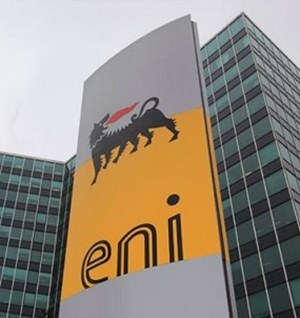Eni CCS project to create high-tech international value chain in decarbonization sector
(WO) – The Callisto (CArbon LIquefaction transportation and STOrage) Mediterranean CO2 Network integrated CCS project jointly proposed by Eni and Snam, in collaboration with Air Liquide, has been selected by the European Commission to join the list of Projects of Common Interest (PCI). The project was chosen, having passed the selection process, along with 13 other projects dedicated to carbon capture and storage.
In detail, Callisto aims to develop a CCS value chain in southwestern Europe, focusing on the decarbonization of the Italian industrial areas, starting with those of Ravenna and Ferrara and the Fos-Marseille Hub in France. The project is led by Eni and Snam in Italy, and Air Liquide for the Fos-Marseille industrial cluster in France. The initiative has also been promoted by other 16 companies operating in the industrial clusters involved.
By leveraging the large total storage capacity of the Ravenna CCS hub, estimated at more than 500 million tonnes, the project aims to develop the largest network in the Mediterranean for carbon capture, transport, and storage by offering a decarbonization solution for hard to abate industries, acting as a reference for Southern Europe.
The admission to the PCI projects list will allow the project, once it has passed the ongoing process, which is expected to be completed in 2024, to be eligible for the Connecting Europe Facility Fund (CEF) aimed at obtaining non-reimbursable funding to support the studies and development of infrastructure for the reception, transport, and storage of carbon dioxide.
The start-up of Phase 1 of the CCS Ravenna project is scheduled in early 2024 with injection for the purpose of permanent storage of 25,000 tonnes per year of CO2, captured from Eni's Casal Borsetti gas power plant. The industrial development of Phase 2, which is scheduled to start by 2026, will achieve a storage capacity of 4 million tonnes per year by 2030. Further expansions could bring the volumes up to 16 million tonnes of CO2 per year.
The Ravenna CCS project will foster the creation of a national high-tech supply chain in the decarbonization sector, enhancing local and more broadly countrywide skills and capabilities. From an employment point of view, the project will make a decisive contribution in protecting the existing level, linked to the traditional system, while promoting the creation of a significant number of new direct and indirect jobs through the development of the supply chains involved in the decarbonization project.
Eni has developed extensive expertise in storing gas in depleted fields over many decades. It intends to use this to repurpose some of its existing upstream assets into carbon dioxide storage hubs to decarbonize both its own and third parties' industrial activities at a competitive cost and with fast time to market.



